Swimming has been regarded as one of the only sports that can save your life and yet nine out of ten black people in the UK do not swim.
Ed Accura, the founder of Blacks Can’t Swim, and Abena Gray, founder of Goggles and Giggles swim school, are passionately advocating to change this.
In 2018, Accura, 56, made a song titled ‘Blacks Can’t Swim’, which challenges societal stereotypes about swimming.
What started as a personal reflection on the songwriter’s own struggles with swimming soon transformed into an inspiring low-budget film.
Accura, an IT consultant, created ‘Blacks Can’t Swim’ to educate people by highlighting the importance of water safety and drowning prevention.
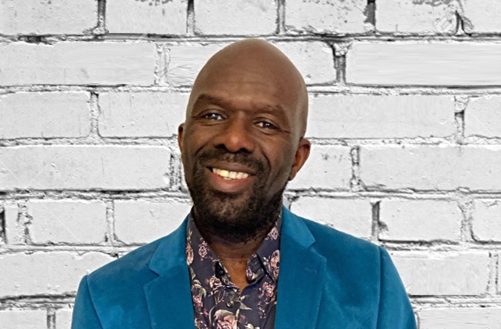
There are now three ‘Blacks Can’t Swim’ documentaries, each explaining how both adults and teens from minority backgrounds face barriers and cultural stigmas around the sport.
Accura, who is also the co-founder of the Black Swimming Association (BSA), said that there is a cultural stigma where black people believe they cannot float due to a higher bone density.
He confirmed BSA is working with Portsmouth University to carry out research to prove this is completely false, by comparing different bone densities of 400 participants.
As of 2019, 14.3 million adults in the UK do not swim, including 95% of Black adults and 93% of Asian adults, according to BSA.
Likewise, Gray, 36, from Bermondsey, originally from Jamaica, founded Goggle and Giggle swim school in October 2010.
She wants to manage and break down the cultural stereotypes towards minority groups within the sport, by giving back to her community.
Gray said: “It’s sad when I go swimming because I guess I’m just used to being in that space of being the only one.”
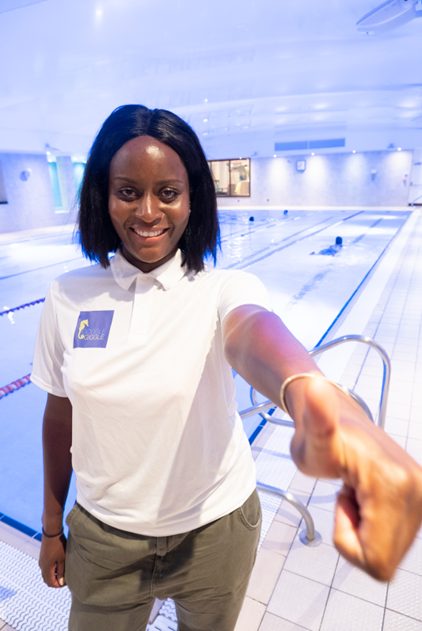
In swimming there is a generational issue within minority groups where older generations do not see the benefits of the sports.
Carmen Bywater, an ex-competitive swimmer, was one of a few swimmers who did not experience this.
She said: “I was lucky to grow up with a black mum who swam regularly.”
The 20-year-old, ex-national backstroke swimmer, added she was privileged enough to receive the funds to participate in the sport but claimed the costs of the sport can hinder the participation of ethnic minorities.
Gray said this issue exists partly because people from ethnic minority backgrounds cannot see anyone on the international stage that looks like them.
She said: “They believe swimming is a white-dominant sport and that they do not belong there. To drive any change within society it’s the youth that have to push for it.”
The Goggle and Giggle Foundation helps to aid minority groups from Bermondsey, which has been regarded as one of the most deprived areas in London.
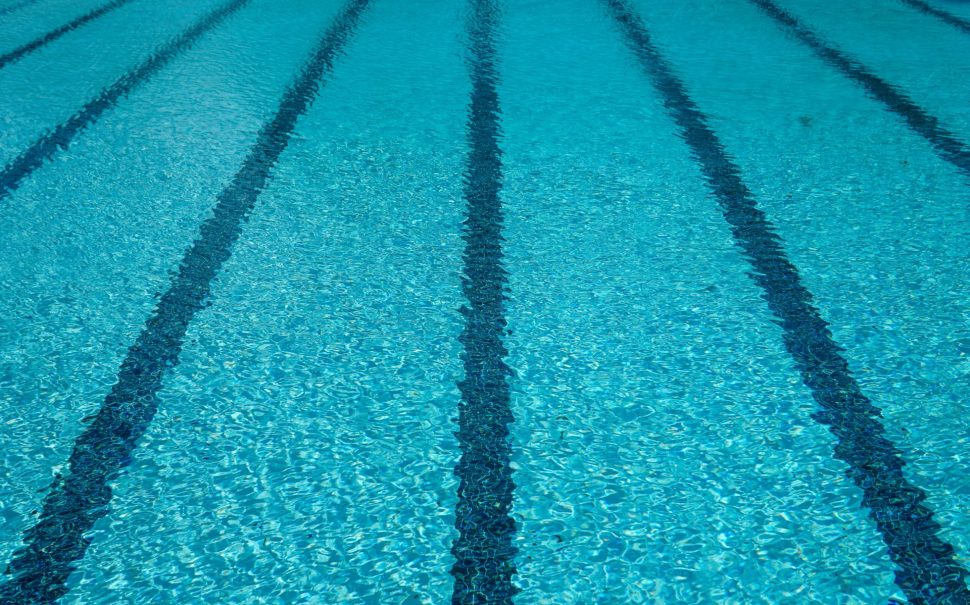


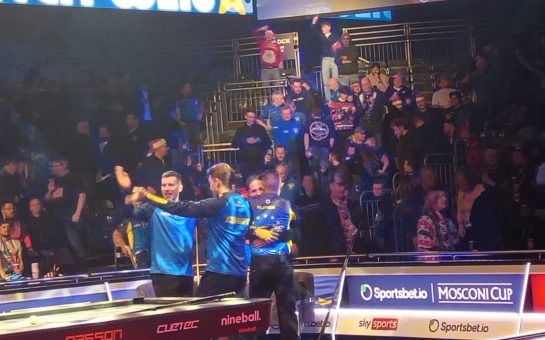
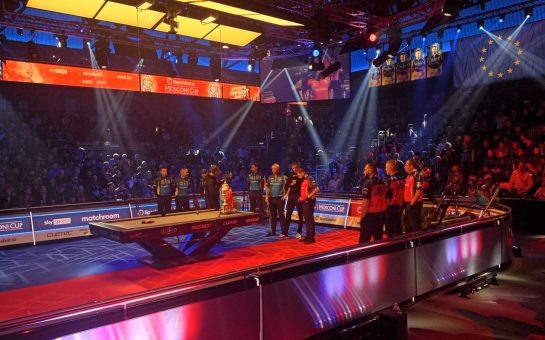
Join the discussion